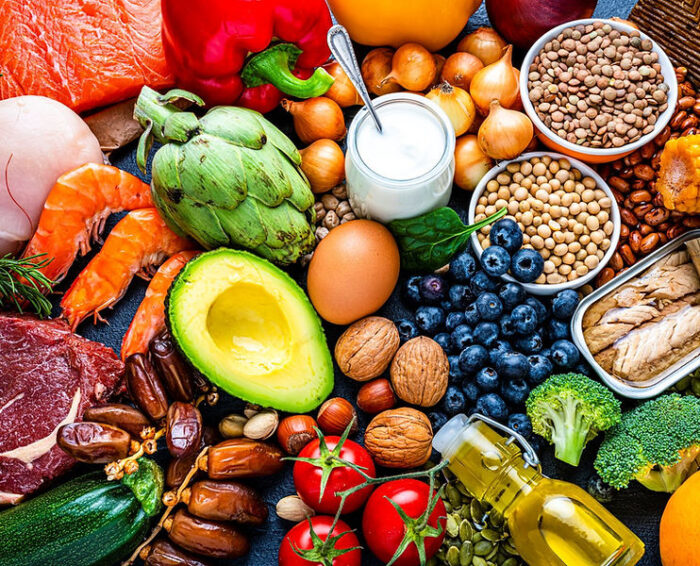
As we age, our bodies undergo various changes that can affect nutritional needs and preferences. For seniors, maintaining a balanced diet is crucial for overall health, vitality, and quality of life.
Crafting appealing and nutritious menus for this age group requires a thoughtful approach that takes into account their unique dietary requirements and preferences.
This article explores the essentials of senior nutrition and offers tips for creating balanced menus that cater to their needs.
Understanding Senior Nutritional Needs
Changes in Metabolism and Digestive Health

As we age, our metabolism tends to slow down, which can impact our calorie needs. Seniors often require fewer calories but still need the same amount of essential nutrients to maintain health.
Additionally, digestive health can change with age, leading to issues such as reduced stomach acid production and slower gastrointestinal motility. This makes it essential to focus on nutrient-dense foods that are easy to digest.
Essential Nutrients for Seniors
- Protein: Protein is vital for maintaining muscle mass and strength, which can decline with age. Seniors should include sources like lean meats, fish, eggs, and legumes in their diet.
- Calcium and Vitamin D: These nutrients are crucial for bone health. Seniors should aim to consume dairy products, fortified plant-based milk, and spend time in sunlight to support calcium and vitamin D levels.
- Fiber: To aid digestion and prevent constipation, a high-fiber diet is important. Whole grains, fruits, vegetables, and legumes are excellent sources.
- Vitamin B12: This vitamin is essential for nerve function and red blood cell formation. Seniors may have difficulty absorbing vitamin B12 from food, so fortified foods or supplements might be necessary.
- Hydration: Proper hydration is often overlooked but is crucial for overall health. Seniors should drink plenty of fluids throughout the day, aiming for water, herbal teas, and low-sodium broths.
Crafting Balanced Menus
Planning Nutritious Meals

Creating balanced menus for seniors involves incorporating a variety of foods from all food groups. Each meal should include:
- Lean Proteins: Such as chicken, fish, tofu, or beans.
- Whole Grains: Like brown rice, quinoa, or whole wheat bread.
- Fruits and Vegetables: Aim for a colorful array to ensure a broad spectrum of vitamins and minerals.
- Healthy Fats: Including sources like avocados, nuts, and olive oil.
Addressing Special Dietary Needs
Some seniors may have specific dietary restrictions or health conditions that require special attention. For example:
- Diabetes: For those with diabetes, it’s important to manage carbohydrate intake and choose foods with a low glycemic index.
- Heart Health: Seniors with heart conditions should focus on reducing sodium and saturated fat while increasing fiber and omega-3 fatty acids.
Making Meals Appealing
Creating appealing meals for seniors goes beyond just nutritional content. Consider these tips:
- Flavor Enhancements: Use herbs and spices to enhance flavor without adding extra salt or sugar.
- Texture Considerations: Offer a variety of textures to accommodate any dental or chewing issues. For instance, soft-cooked vegetables and finely chopped meats can be easier to manage.
- Portion Sizes: Serve smaller, more frequent meals if large portions are overwhelming. This can also help with appetite regulation.
Resources and Support

For families and caregivers, seeking professional advice and support can be beneficial in developing a comprehensive nutritional plan. Consider exploring senior care solutions for expert guidance and resources tailored to senior nutrition and wellness.
Conclusion
In summary, crafting balanced and appealing menus for seniors requires a thoughtful approach to their unique nutritional needs.
By focusing on nutrient-dense foods, accommodating dietary restrictions, and enhancing meal appeal, caregivers can support the health and well-being of older adults.
Whether you’re a family member or a professional in senior care, understanding and addressing these needs is key to ensuring a nutritious and enjoyable dining experience for seniors.














